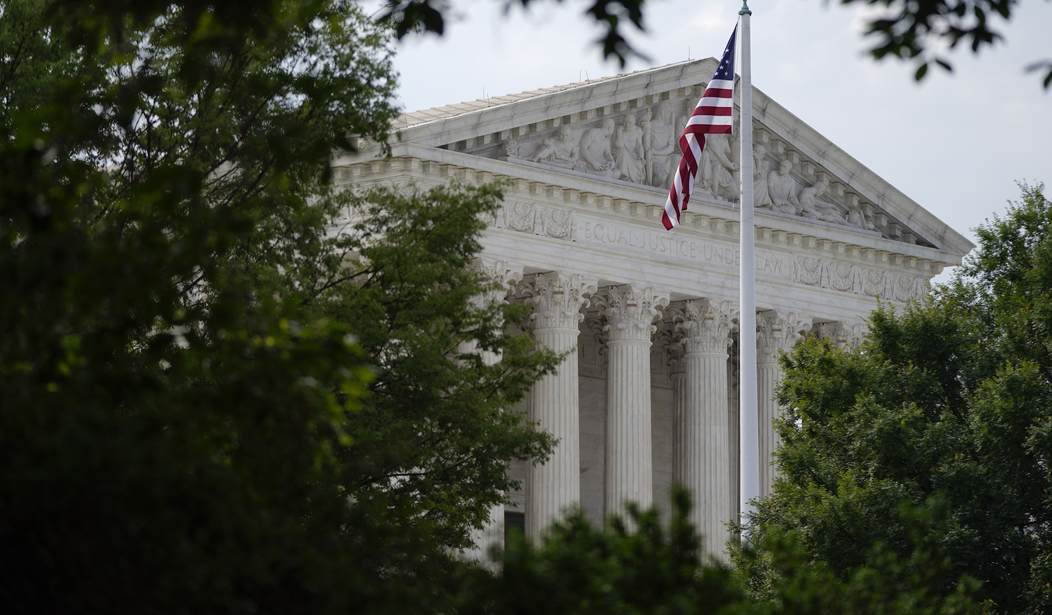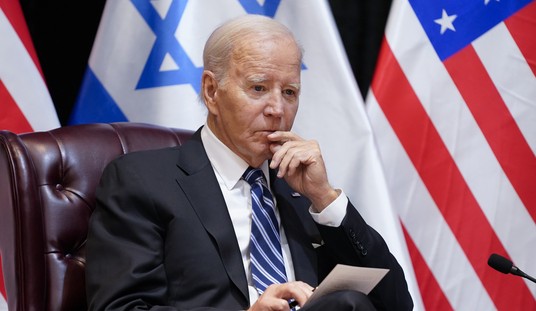With the recent appointment of the fifth commissioner for the Federal Trade Commission (FTC), the Democratic majority control over the agency is complete. This is bad news for businesses, which can now expect an overzealous commission to push a progressive agenda that assumes that just because a business is big, it is inherently bad.
But if the FTC stays the course and continues their bureaucratic overreach, the Supreme Court is sure to slowly but surely strip them of power. Already, indications are that this Court is ready to massively curtail regulatory power across the federal government in an upcoming decision regarding Environmental Protection Agency climate rules.
Despite the Justices’ broad focus on regulatory power, the FTC specifically has already drawn the Court’s eye and ire. In April 2021, the Supreme Court ruled the FTC did not have the authority to add fines to cases that it brings to court, and that if they feel fines are warranted, they must go through the administrative law procedure so the defendant can present evidence and respond.
For years, the FTC has overstepped their constitutional authority to fine businesses, totaling more than $700 million just in 2019. Though many businesses have suffered as a result of their overreach, the commission was thankfully reined in.
Now there is another case scheduled to come before the Supreme Court to further challenge FTC’s authority, this time as it relates to the constitutionality of the very structure of the FTC.
Earlier this year, the Supreme Court agreed to hear a case brought by Axon Enterprise that challenges the FTC’s ability to act as “prosecutor, judge, and jury,” which the company views as a violation of the Fifth Amendment due process and equal protection guarantees.
Recommended
And Axon has a good case to make. Under the FTC’s administrative trial process, the FTC commissioners vote to authorize a case and the merit of the case is then decided by an FTC Administrative Law Judges (ALJ). But regardless of how the ALJ rules, even when they vote to overturn the case, the FTC commissioners have ruled in favor of their own case in every case over the past 25 years.
Given that the 5th Circuit Court of Appeals just last month ruled the Securities and Exchange Commission (SEC) was unconstitutionally denying defendants their right to a jury trial by putting them in front of its own internal judge, it is fair to say the FTC should also be concerned about having its own structure scrutinized and potentially ruled as unconstitutional.
Of course, even if the FTC finds itself on the other side of a SCOTUS ruling, it will not be before its overreach and the resulting regulatory uncertainty has wrought significant economic damage.
It's clear to even casual observers that the FTC often overreaches, and with a progressive majority on the commission, we can expect this pattern to get worse. We will see sooner rather than later if this prediction comes true.
Next month, there will be oral arguments in another case before the FTC regarding Altria’s minority investment in Juul Labs (JLI).
In December 2018, Altria purchased a 35% stake in JLI, and two years later the FTC filed a complaint against the investment, stating that investment would lessen competition in the e-cigarette market and that Altria made a deal to leave the e-vapor market for the purchase of JLI.
But when the commission’s claims were brought before the FTC Administrative Law Judge Michael Chappell, the evidence presented proved counter to the FTC’s claims. After the testimony of 19 witnesses that allowed the judge to see the factual timeline not present in the FTC counsel’s complaint, Judge Chappell concluded the FTC “has failed to prove that Altria’s conduct in removing its e-vapor products from the market stemmed from an agreement with JLI.”
But that's not the only claim that the FTC’s own judge found to be false. He found that the e-vapor market has become more, not less, competitive following Altria’s investment. The facts bearing out the opposite of the FTC’s conclusion resulted in a 263-page opinion where Judge Chappell ordered that both of the FTC’s complaints against Altria and JLI be dismissed entirely.
Unfortunately, if the past is precedent, despite all the evidence to the contrary, the FTC commissioners will reaffirm their original decision. If they take this route, they will also be reaffirming that the commission is a reckless, agenda-ridden agency who puts personal biases before the facts and the law.
Hopefully, the two Republicans on the Commission, Noah Phillips and Christine Wilson, who have been outspoken against the ongoing power grab by these unelected bureaucrats, will oppose the unfounded government interference by the commission and stand for the truth by affirming the ALJ’s findings. Otherwise, this case will likely end up in front of the Supreme Court and prove the FTC’s actions are unconstitutional and further erode its credibility.
David Williams is the President of the Taxpayers Protection Alliance.
























Join the conversation as a VIP Member